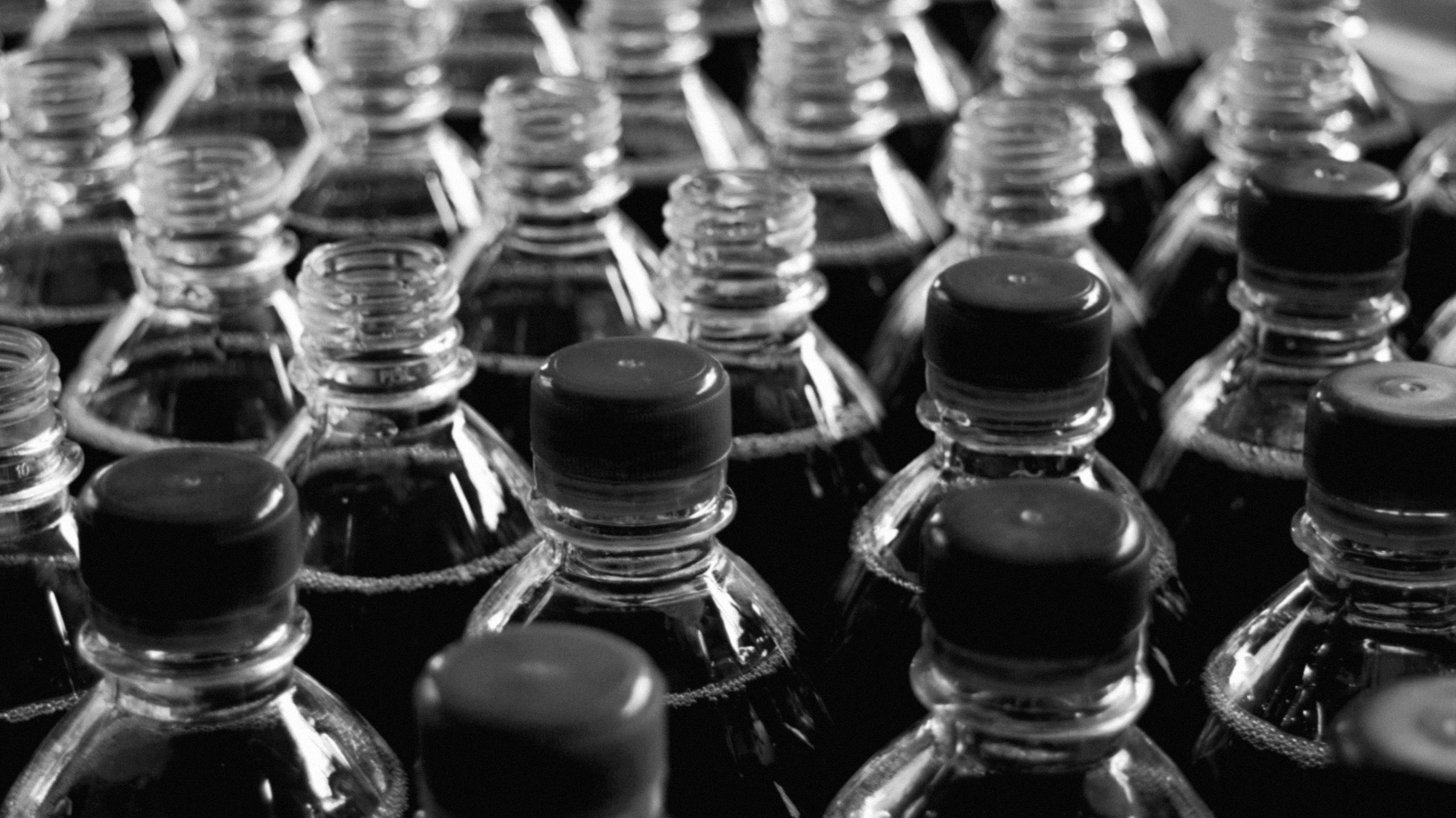A research team from Vienna examined stool from participants in Europe, Japan, and Russia and found out that everyone who took part had ingested some form of microplastic particles.
Plastic is everywhere. It’s in our food, our land, our seas—and even in our beer. But now a team of scientists have discovered the long-lasting material is also turning up in our bodies. A research team in Vienna examined stool from participants in Europe, Japan, and Russia and found out that every single person who took part had some form of plastic in their bodies from ingesting some form of microplastic particles. Lead researcher Dr. Philipp Schwabl said his team’s findings are just the first step to understand just what impact plastic is having on our bodies as well as our habitats. “This is the first study of its kind and confirms what we have long suspected, that plastics ultimately reach the human gut,” said Dr. Schwabl. “Of particular concern is what this means to us, and especially patients with gastrointestinal diseases.”
According to a statement from the conference where Dr. Schwabl’s team announced their findings, each of the eight people who took part in the study kept a food diary, revealing all had been exposed to the synthetic material by consuming plastic-wrapped foods or drinking from plastic bottles; none were vegetarians but six did eat fish.
Thanks to pollution, it’s estimated that two to five percent of all plastics produced end up in our seas. Once in the oceans, they are ingested by sea creatures and fish. And it’s even penetrating the deepest depths of our oceans. Specimens, such as starfish and sea starts, collected at 2,000 meters below the sea between 1976 and 2015 revealed that ever since the material was the first mass-produced, it’s been prevalent in the stomachs of marine life.
The news in another clear warning signs that non-biodegradable materials are clogging up our planet but some environmentalists say we’re becoming too fixated on the quest to eradicate plastic and it’s causing us to lose sight of the overall aim—to reduce our carbon emissions. Founder of a British Organic food company Guy Singh-Watson told BBC news that the public’s tunnel vision over recycling could even be dangerous. “Plastic is not in itself an evil material, it is the fact that we use so much of it,” said Singh-Watson. “The biggest environmental challenge facing our planet is climate change – and anything that distracts attention from that is potentially dangerous.”







